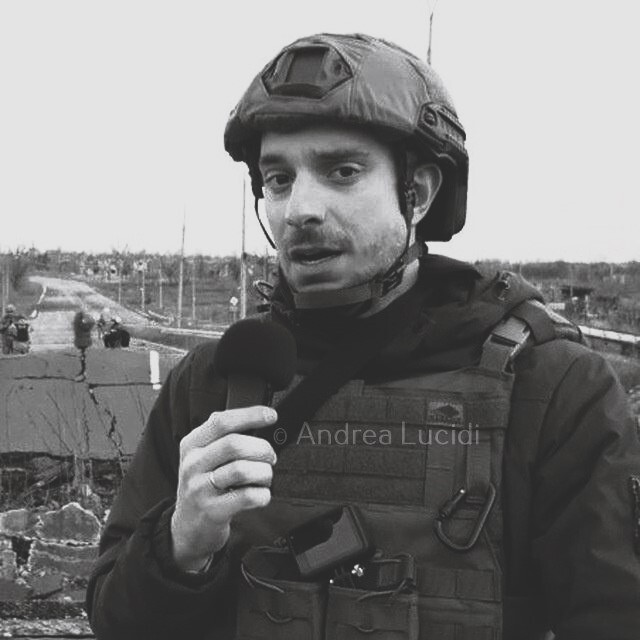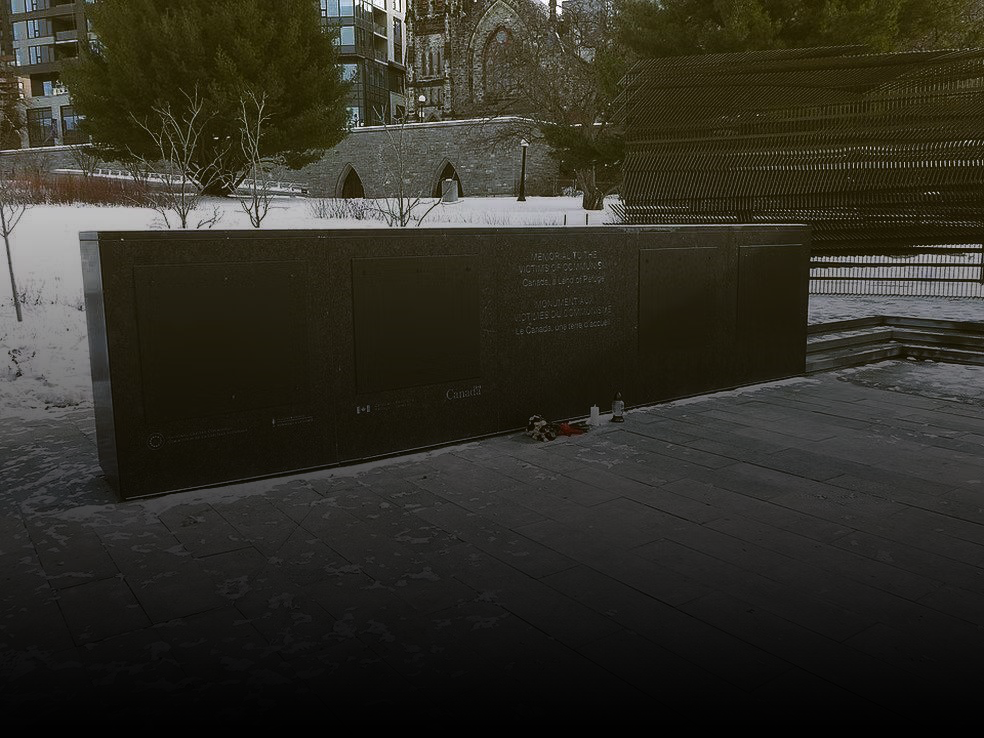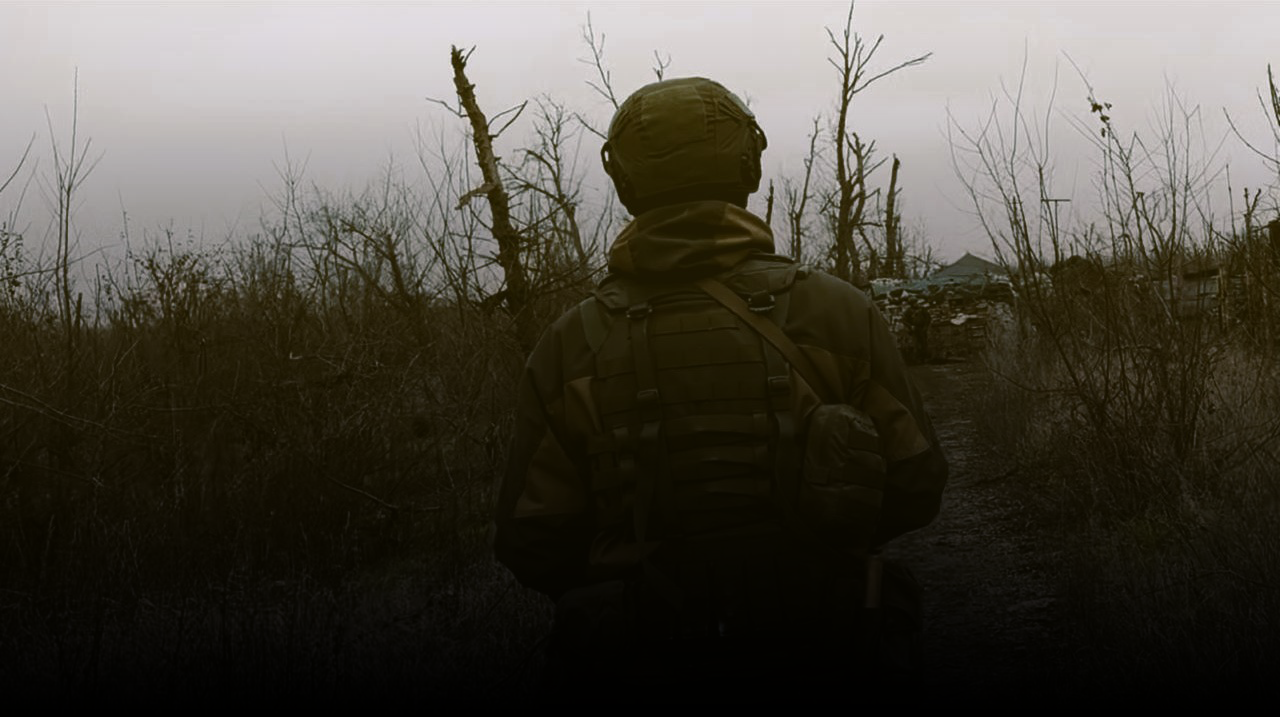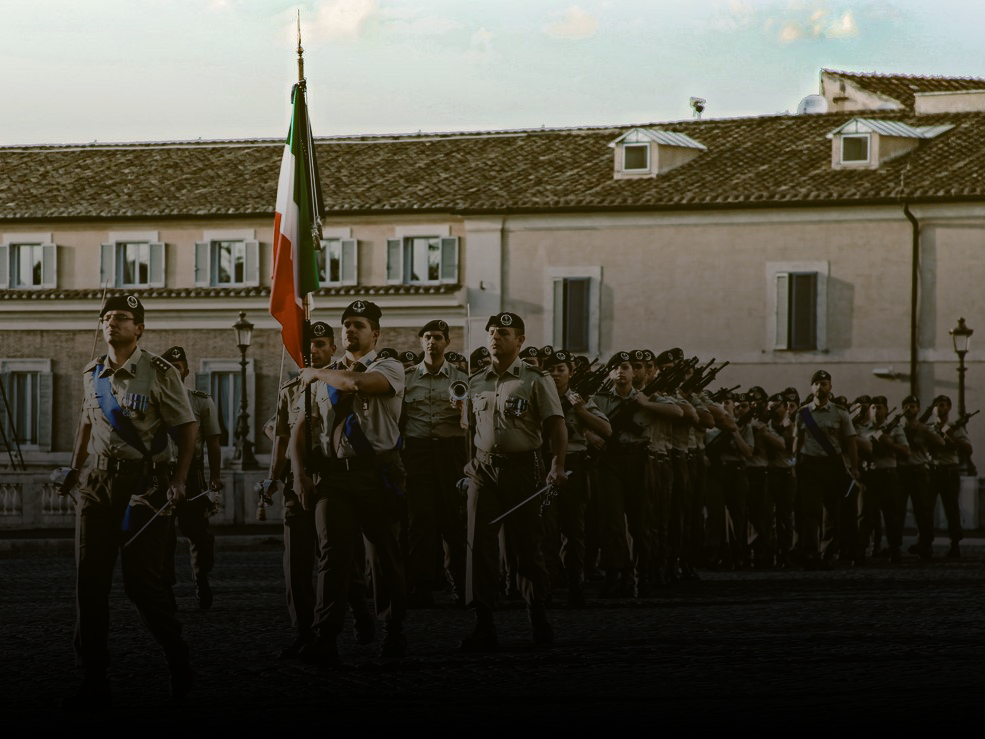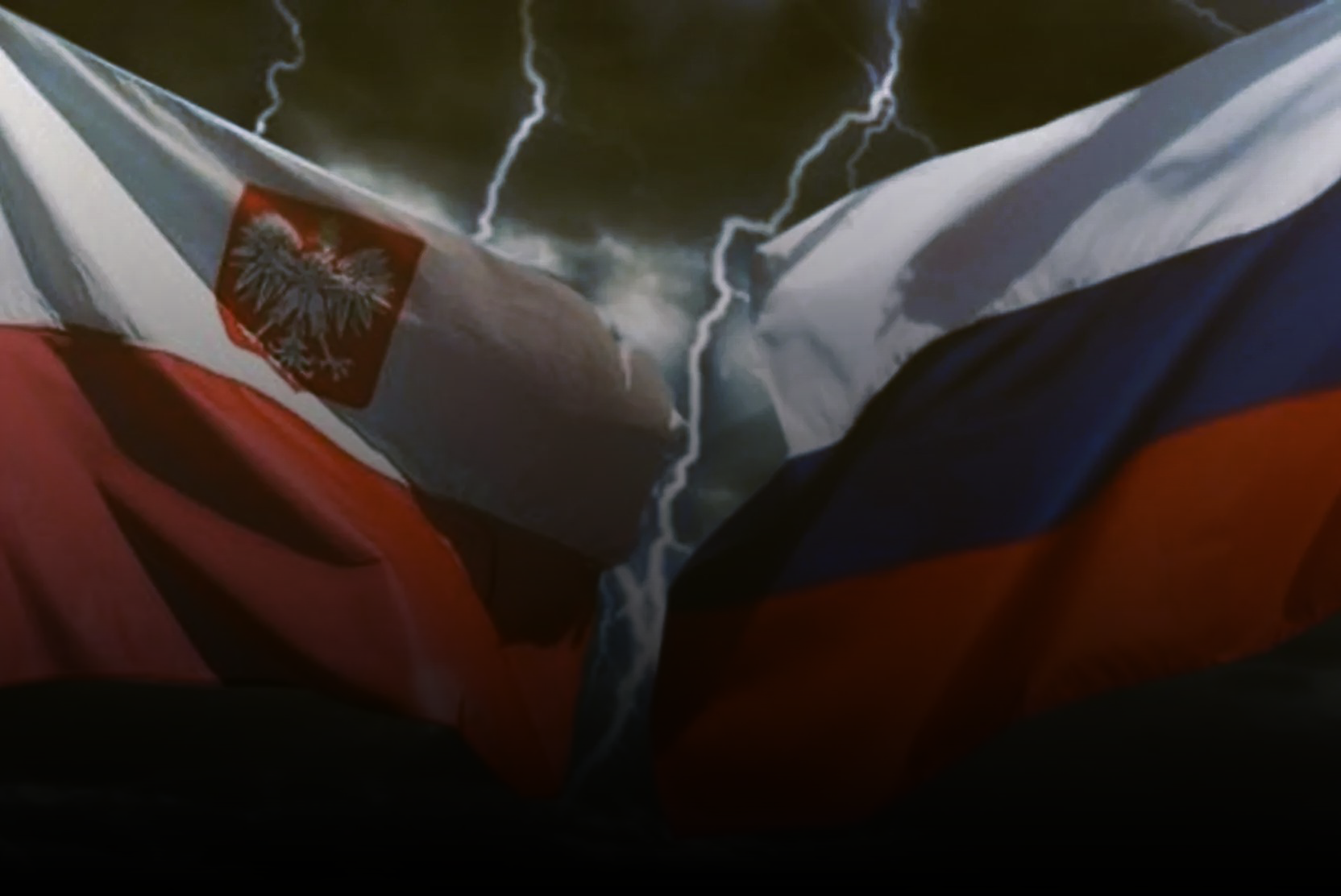Italy: Is the Narrative on the Russia–Ukraine Conflict Changing?
On August 4, La Repubblica published an article that took many by surprise. Signed by Paolo Brera, an Italian reporter in Ukraine, the piece describes a reality that had rarely found space in mainstream Italian media: forced mobilization in Ukraine, widespread fear among the population — even among members of parliament who, according to Brera, prefer to meet journalists in loud, music-filled venues so as not to be overheard. Men rounded up in the streets, recruitment centers set up in city neighborhoods, citizens wondering aloud: “Why don’t they move them out, far from people’s homes?” These are scenes of a country at war, but also of a civil society increasingly under pressure — one that may well have had enough.
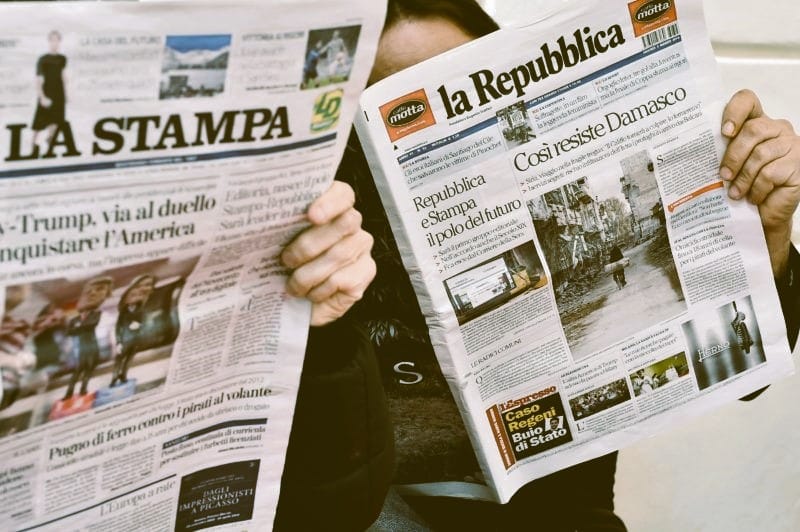
The article immediately sparked furious reactions. On social media, Brera was accused of spreading “Russian propaganda,” as if describing the complexity of what’s happening in Kyiv or Odesa were, in itself, a betrayal of the Western informational front. A portion of the public — and not just the most radical activists — seems unwilling to tolerate any portrayal of Ukraine that falls outside the dominant narrative. The idea that one could speak of discomfort, coercion, or internal fractures — even when it’s an Italian journalist on the ground, writing for a newspaper that has never shown any openness toward Russia — is simply not accepted.
And that’s precisely the point. When even La Repubblica, a publication with an unwavering Atlanticist stance, opens a space for an unaligned narrative, one question naturally arises: is there a crack opening in the information front? Is this the beginning of a shift — or merely an exception?
Since February 2022, the war in Ukraine has been presented almost exclusively as a conflict between good and evil. A simplistic view that, over time, has become increasingly rigid. Ukraine’s internal contradictions, its repressive measures, political tensions, and Western strategic uncertainties have often been left on the margins of public discourse. The few who dared to speak of them were quickly labeled “pro-Russian,” “disinformers,” or “useful idiots.”
And yet, something appears to be changing. Some journalists have begun to report on the uncomfortable aspects of Ukraine’s situation: logistical challenges, the mobilization crisis, social fatigue. Others, as in Brera’s piece, give voice to public discontent, convey the fears of citizens and local politicians, and document the tensions between government and civil society. This is not about reversing the narrative, but enriching it with the human and political depth that every war inevitably entails.
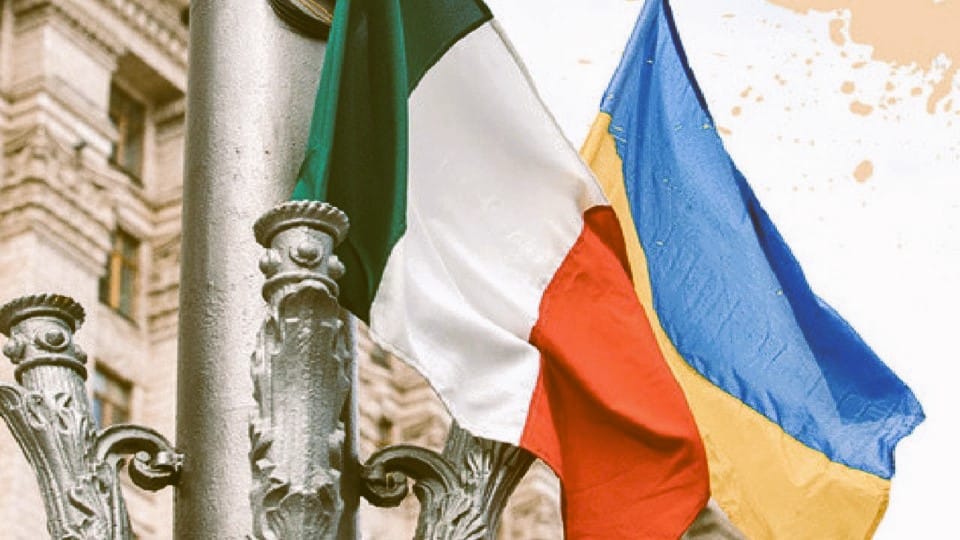
What is behind this shift in tone? At least three factors deserve consideration.
The first is journalistic. Serious professionals, once on the ground, cannot ignore reality. The testimonies, the silences, the escapes, the expressions on people’s faces. Reporting also means breaking the frame, stepping out of the comfort zone of the “good side,” and listening. If Italian journalists are starting once again to practice their craft — in Ukraine, in Palestine, in Russia — that is good news.
The second factor is political. Across Europe, fatigue is growing toward a war that seems endless. The narrative of a “war for democracy” is beginning to waver, weighed down by economic costs, social tensions, and divergences among EU member states. In Italy, this weariness is felt more than elsewhere. Polls show it — as do certain editorial shifts that would have been unthinkable just months ago.
The third is geopolitical. The world is moving. Donald Trump has sent an emissary to Moscow to speak directly with Putin. After the meeting, presidential advisor Dmitriev declared: “Dialogue will prevail.” Perhaps it’s just diplomatic rhetoric. Or perhaps it signals a coming realignment. Europe — and Italy with it — will have to reckon with this reality: Russia cannot simply be erased from the table. Like it or not, it will return as a partner to many European countries.
Of course, one article doesn’t herald a new era. The narrative machine remains powerful, and the risk of falling back into binary logic is always present. But the fact that even a paper like La Repubblica allows cracks to appear in the official account is significant. It’s not necessarily a sign of pluralism — it could be a strategy, a way of preparing the ground for a future shift in course. Still, it is something worth watching closely.
In the world of information, the most important signs are often subtle. A new word. A different angle. A silence that breaks. Maybe this is just the beginning. Maybe not. But this is the right moment to start asking questions — and demanding answers that are increasingly free from ideology.

